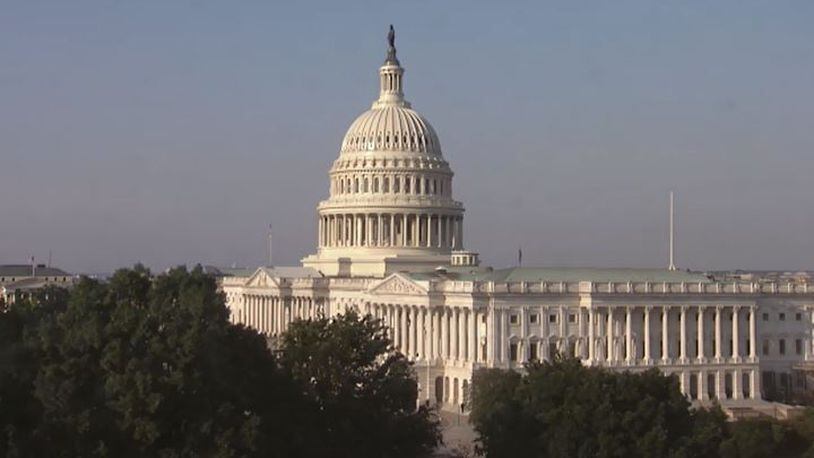That plan, which could be approved under the special rules of 'budget reconciliation' - which does not allow for a filibuster - would be "a repeal of Obamacare with a two-year delay," on a replacement, McConnell said.
At the White House, President Donald Trump put the blame on Democrats - and a few Republicans.
"As I have always said, let ObamaCare fail and then come together and do a great healthcare plan. Stay tuned!" the President tweeted.
It was not immediately apparent that GOP leaders would have the votes for such a plan, which had been the preferred option for Republicans after President Donald Trump's victory in the November elections, until Mr. Trump made clear he wanted a plan that also would 'replace' the current Obama health law system.
Here is some of what that GOP plan would do:
+ Repeal all of the taxes under the Obama health law
+ Repeal all of the subsidies that help people buy health insurance
+ Zeroes out (but does not repeal) the individual mandate penalty
+ Zeroes out (but does not repeal) the employer mandate penalty
+ Repeals the Medicaid expansion program
+ Repeals extra money for hospitals that treat large numbers of low income patients
+ Eliminates spending for programs under the Obama health law
+ Blocks money for Planned Parenthood for one year
This plan would not change the underlying requirements under the Obama health law in terms of what insurance companies would have to offer in their health coverage plans - what's known as the "Essential Health Benefits" - which Republicans in other bills would allow states to change.
It also has no provisions dealing with selling insurance across state lines, which is already legal under the Obama health law.
In order to do that - and fully repeal the Obama health law architecture - that bill would need 60 votes in the Senate, which Republicans do not have.
The Congressional Budget Office found that the plan would reduce the deficit by $474 billion over ten years.
The more controversial CBO finding is on how many people would not keep their insurance, and the impact on premiums.
The CBO found the GOP plans being considered in recent months would result in 22-23 million more people not having health insurance in ten years - this would be 32 million.
Democrats immediately latched on to those numbers to launch a new round of attacks on the GOP health care effort.
About the Author
